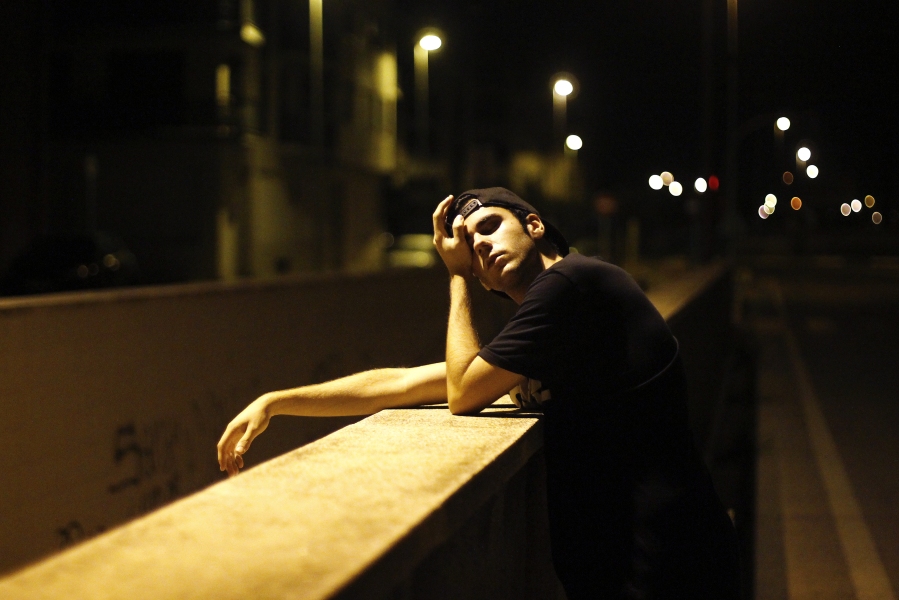This week, Jay Dolmage–a prominent disability and disability rhetoric scholar–has been to Syracuse for our department’s Spring Conference, giving a talk and leading a workshop (both were wonderful, and here are the materials and more on accessibility and disability studies). It, along with some other things, have made me think about self care and students.
I’ve always found that writing instructors have a unique connection with students, compared with other disciplines. We often have smaller classes, we tend to get a huge portion of the university, and we get a lot of frosh students. In addition, writing tends to involve many more skills than “grammar”: critical thinking, reading strategies, synthesizing ideas, formulating arguments, researching topics, analyzing primary and secondary sources, evaluating sources, cultivating and managing productive work and workflow strategies, etc.
And, perhaps in a more Romantic sense, writing, even academic writing, is a personal task. Though the image of the lone writer in some castellated tower is not accurate, writing and authorship–crafting a cohesive document that carries our mark and oftentimes our name–is something powerful, even in our information-saturated age. Issues of voice and privilege play a role, along with identity. And, one of my favorite adages from the field remains: “Writing is thinking.” Often, as we think through an issue by writing, we learn something new.
I am not saying that this is true for all writers nor with all writing, but it happens. And we often give a space for students to reflect on issues like identity and experience because literacies, in all their forms, are fundamental to how we exist in and experience the world. As the humanities get stripped and softened in many universities, “writing” provides a space to reflect on fundamental questions and experiences–should students and administrators allow it.
All this is to say that increasingly, though we already have too much to teach in a semester, I’ve been trying to address, or think about addressing, issues that are not immediately tied to writing. And this post, I want to stress self-care (or self care, with no hyphen?). Inspired by my colleague Allison Hitt, and others, I’ve increasingly made some space to address self-care with students, particularly strategies and experiences.
This deserves its own post or article, and the input of others with more experience, but for now, I often start with this article on perfectionism and procrastination. It disarms the usual narratives we and our students tell ourselves–and are told–about productivity and laziness.
But in a more general sense, I think “addressing self care” involves getting into the embodied, day-to-day experiences of being students and writers, of being friends and partners, of being sons and daughters (or something else, articulated or not)–in short, we get at being human.
And, it does not always work. And it can been exploitative and risky for you and students, with plenty of pitfalls–and is impossible with increasingly destructive teaching loads for adjuncts and others–but I feel like it is important to consider and strive for when possible, not only for our unique connection with students in higher ed, but also for the fact that questions of productivity, writing, and development involve care.
You cannot succeed, or even survive, if you’re always treading water.
And, as part of my own focus on technology, I also increasingly think it’s important to talk about privacy, cyber security, and technology habits as part of our profession. Media literacy, password security, the mental effects of social media, screen time, etc., are both questions of literacy and questions of self-care. As our digital lives and “flesh” lives infuse–as well as the literacies and skills we rely on to negotiate these lives–the importance of these topics increase.
I know I am not new at this, from Stuart Selber to Estee Beck–and Selfe and Hawisher and a bunch of other brilliant young and cornerstone scholars–writing instructors have long recognized the role of technology in composing. But, I think we also recognize the intersection of self, technology, and literacy in ways that are profound and unique. And increasingly important.







